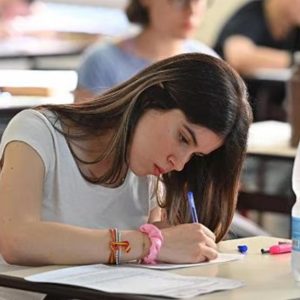A third student in Veneto has refused to take the oral component of Italy’s final school-leaving exam, known as the Maturità. The case follows similar incidents in Padua and Belluno, and has prompted intervention by Education Minister Giuseppe Valditara.
The latest protest took place in Treviso, where an 18-year-old student at Liceo Classico Canova declined to sit the oral exam. Despite this, he still obtained his diploma thanks to accumulated credits, finishing with a score just above the minimum pass mark of 60.
Earlier this week, 19-year-old Gianmaria Favaretto from Padua also refused the oral exam at Liceo Scientifico Fermi. In Belluno, 19-year-old Maddalena Bianchi followed suit, criticising the exam system as overly competitive and lacking empathy. “I gave a speech to the teachers; I had prepared it for a long time. I tried to describe in detail what I think isn’t working at school ,” Bianchi told Corriere .
Both students were awarded their diplomas having gained sufficient points in the written tests.
The three incidents have sparked national debate and led Valditara to announce an imminent reform of the exam process. The oral component will remain compulsory, and students who deliberately boycott it for protest—not due to lack of preparation—will have to repeat the year.
“It is no longer acceptable to sabotage the final exam as a form of protest,” Valditara told RaiNews24. “Refusing to cooperate undermines the purpose and integrity of the Maturità.”
The Ministry of Education will formalise these rules in a reform package that also includes renaming the exam. It will no longer be called the “State Exam” but simply the “Maturità”.
Student groups in Veneto criticised the move. Studenti Medi del Veneto said the government should address student stress and emotional well-being, not punish those who raise concerns.
In all three cases, students passed based on high school credits earned over the past three years. Their decisions have reignited debate over fairness, pressure, and the role of standardised assessment in Italy’s education system.





